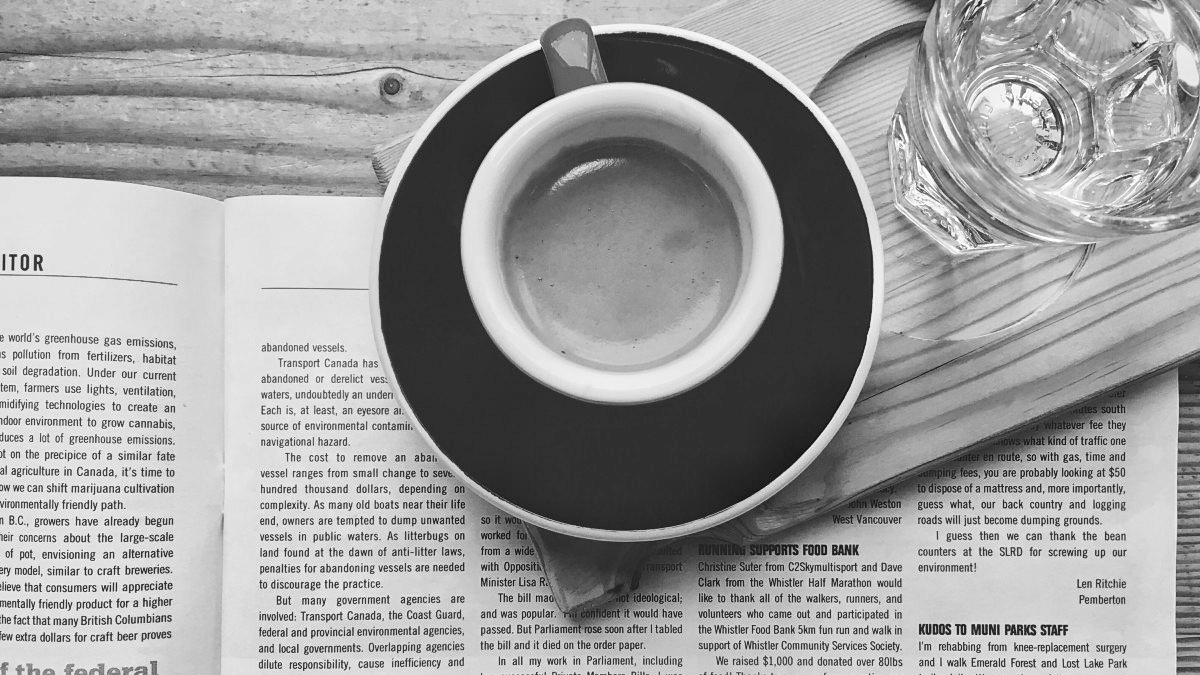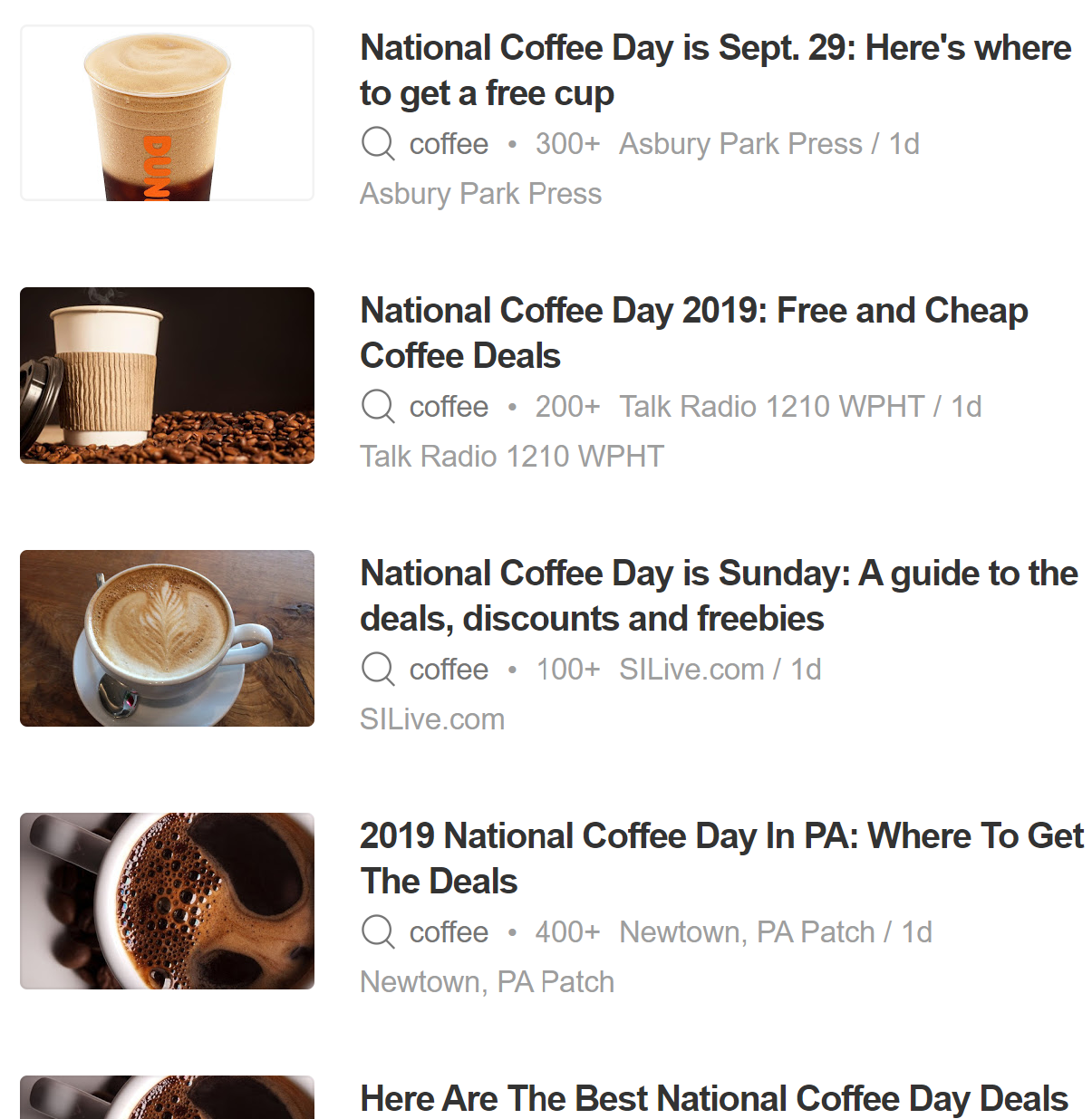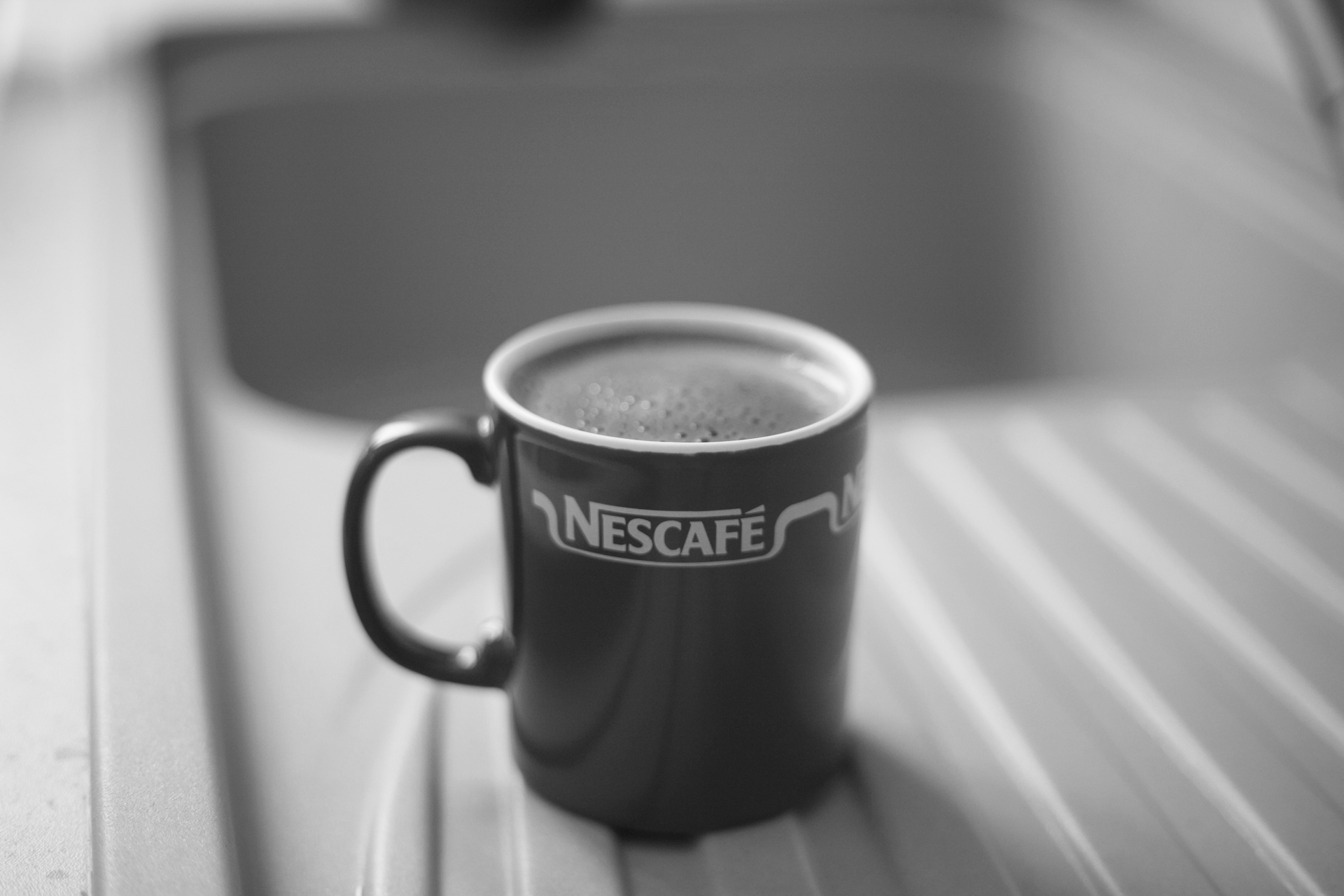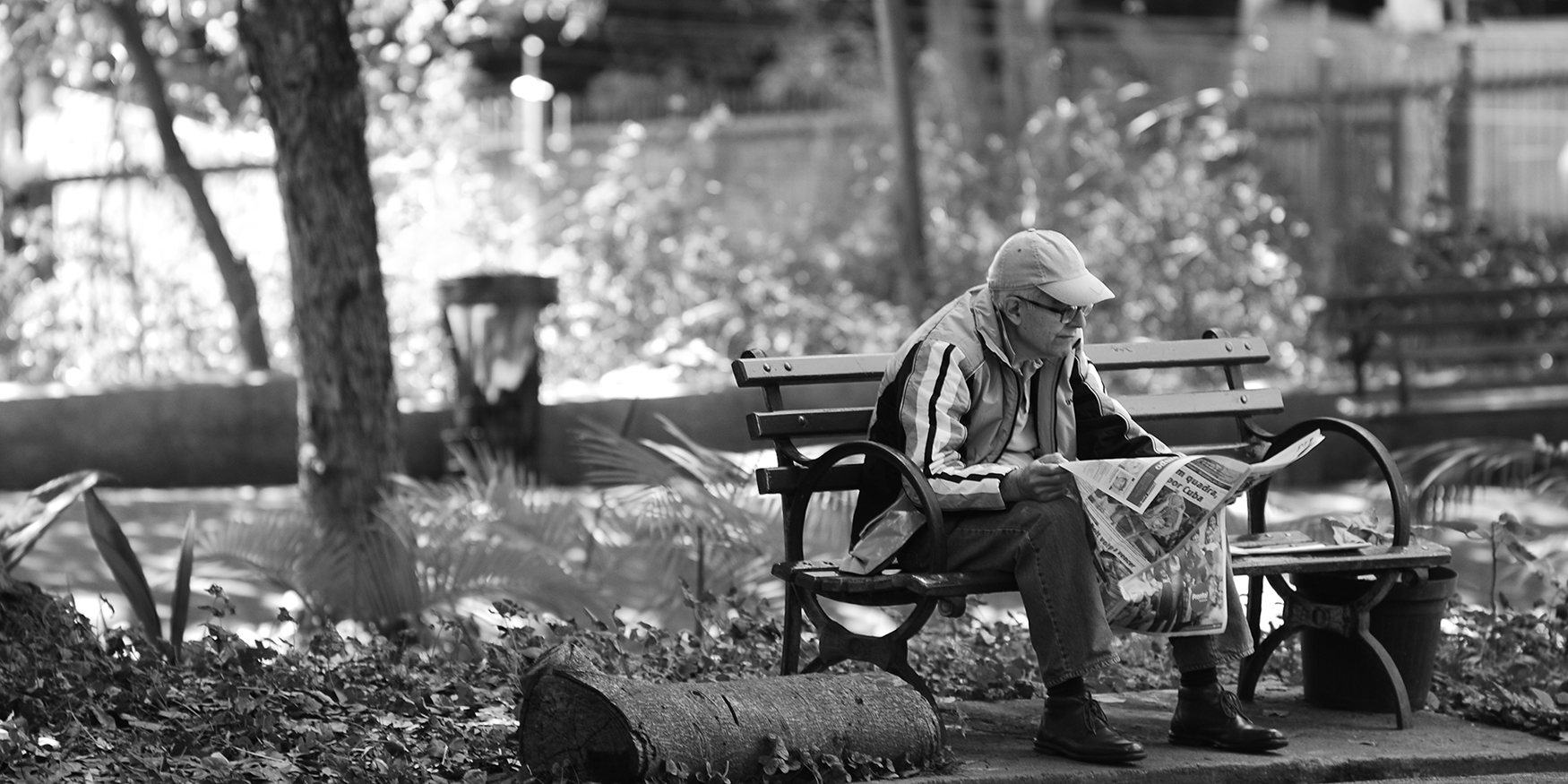A Fundraiser for Gaza Hopes to Wake Up the Coffee Industry
For 18 months, the coffee industry has remained mostly silent about the ongoing destruction of Gaza. A new fundraiser hopes to raise money—and jolt the industry awake.

Hey do you know what this Sunday is?

That’s right, it’s National Coffee Day, a day beloved of coffee marketers, freebie-hungry customers, and literally nobody else.
It’s basically hyped-up nonsense designed to increase sales for big corporations, and if you’re a humble coffee news jockey trying to piece together a weekly roundup, it’s inescapable.
Inescapable.
At least International Coffee Day, which (confusingly) takes place a few days later, is a bit more ambitious and socially responsible, attempting to raise awareness of the plight of coffee farmers (while simultaneously being used as marketing for coffee companies).
So let’s ignore the cognitive dissonance and deflating consumerism and just take a look at the news, shall we?
Speaking of deflating consumerism, it turns out that expanding wildly in an attempt to compete with the national chains doesn’t always work out (does it ever?).
Swedish coffee chain Fika, which at one point had 17 locations across New York City, unexpectedly closed its remaining seven locations after filing for bankruptcy protection last year.
Between 2014 and 2015, Fika opened eight shops in a 10-month span in Manhattan.
Eight shops!
And this line from the Eater story is rather telling: “Founder Lars Akerlund had plans to expand in the U.S. and globally as well, following a strategy similar to Apple, where each city would be home to a flagship location in additional to smaller satellite stores.”
Just, yikes.
News of the heating planet and its frighteningly contemporary effects, on agriculture generally and the coffee sector specifically, will come as no surprise to regular readers of this doom-mongering news roundup.
However, the vast spread of this horror is consistently staggering, and therefore I will be including as many of these stories in future roundups as possible. The world is burning right now and coffee farmers all over the world are feeling the brunt.
From Ethiopia to Guatemala, Indonesia to India, farmers of coffee and other crops are uniquely threatened by extreme weather events. Coffee, as you all by now know, is incredibly fragile and sensitive to shifts in weather patterns such as drought, flooding, or frost.

The latest drought to hit coffee farmers is taking place in the lower Mekong basin, which includes Vietnam, Cambodia, Laos, Myanmar, Thailand and southwestern China.
The Mekong river is currently at its lowest level for a century, putting pressure on the 60 million people who rely on it for their livelihoods, while the lack of rain is impacting coffee farms across the area.
Vietnam has been dealing with rolling droughts for years, while up-river in the Yunnan province of China it’s a similar story, with 2,000 acres of coffee trees affected by the drought.
As the article says, “Yunnan farmer Li Yemei said she has barely made any money from coffee in the past four years. To make ends meet her husband has to find temporary jobs on construction sites in town.”
That seems to be a reality for many coffee farmers impacted by climate change, with others choosing to abandon their farms altogether.
If you’ve visited a specialty coffee shop in the past few years, you’ve almost certainly been greeted with the little white console on the counter that spins around to ask for your signature.

That would be the Square point-of-sale device, which wooed coffee shops with a simple user interface and low fees.
Well, not anymore.
As of this week Square is hiking their fees, going from a simple percentage (2.75% for each credit card use) to a slightly lower percentage (2.60%) plus ten cents per transaction. That might not sound like much, but for a high-transaction, low-margin business like coffee it is significant.
According to the Sprudge story on the subject, many companies are predicting huge increases in their fees—some as high as $8,000 per year.
$8,000 per year eats into already tiny profit margins most companies are working with (assuming they make any profit whatsoever) and will surely cut into what they can afford to pay staff (which already isn’t enough).
There is a Change.org petition started to organize business owners and allow them to state their disapproval and frustration. What good that will do remains to be seen, and so far Square hasn’t responded to the Sprudge story.
Maybe consider paying cash for your coffee for the foreseeable future.
That’s right, an app that helps you find the cheapest gas now wants to help you find the best gas station coffee.
Is this helpful? Does anyone visit a gas station for coffee with any expectations whatsoever? What is “good” coffee?
These are all undoubtedly questions.
Apparently the app people analyzed 2 million ratings of gas station coffee over the course of a year to find the highest-rated in each state, which seems like a good use of time.
Why did they release the data now? Well, it’s to coincide with National Coffee—ah.
Never mind.
This section of the roundup seems more and more to be singularly focused on a certain morally-dubious Swiss multinational beverage conglomerate.
And this week is no different!
Nestlé is having to “tighten quality controls” on its coffee buying after tests showed close to the maximum allowed level of glyphosate, the key ingredient in Roundup, in some shipments of green beans.

As CNN reports, “Glyphosate is the key ingredient in Monsanto's weedkiller, Roundup. In the United States, juries have awarded huge monetary damages to people who say their cancer was caused by exposure to glyphosate. Bayer, which owns Monsanto, says the herbicide is safe when used properly, as does the US Environmental Protection Agency.”
They would say that, though, wouldn’t they.
Whether glyphosate is safe or not is best left up to the experts (actual experts, not ones paid by Bayer) but they can’t agree, and that two billion dollar lawsuit payout doesn’t exactly scream innocence—although it was reduced on appeal.
The point is, what’s the safe level of weedkiller in coffee farming? Is any justifiable at all, at a time when the climate is heating and agriculture is playing a role? Should companies like Nestlé have more oversight of the gigantic, mechanized coffee plantations that use full sun planting and spray chemicals indiscriminately?
Should Nestlé advertise themselves as “growing respectfully” when they buy coffee with “close to the maximum allowed” levels of a controversial weedkiller?
No news is good news this week, kids.
Be sure to drink enough water.

With Colombian Star Footballer Fredy Montero, Santo Coffee Scores in Seattle by Me!
It’s Time To Give Instant Coffee Another Chance by Oset Babur
Before + Now: How Photos Are Telling The Story Of Coffee Farmers In Burundi by Stephanie Parker
Until next week, drink good coffee.
A newsletter about coffee—its culture, politics, and how it connects to the wider world.